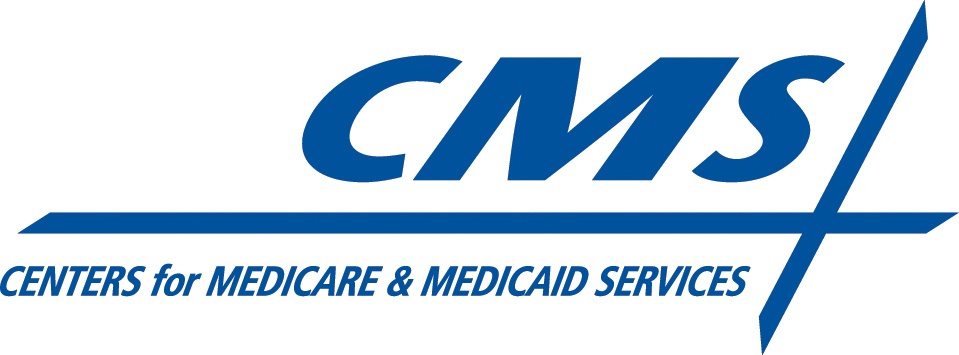Recovery Audit Contractors are here to stay and they are affecting the way medicine is practiced across the nation. If they have not already, they will influence your office and facility practice, and likely hit you in the pocket book.
Recovery Audit Contractors, or ‘RACs’, were designed through a federal demonstration project from 2005 until 2008. The purpose of RACS is twofold:
- Ensure Medicare providers deliver more nationally consistent, evidence based health care
- Reduce noncompliance with Medicare coverage, coding and billing rules.
The goal is to reduce Medicare spending, plain and simple.
RACs are structured by region and our southeast region RAC is Connolly Consulting Associates, Inc of Wilton CN. RACs work on a 9 to 12% contingent fee basis, but must return any fees if a RAC finding is overturned. Each RAC must post on its website the types of issues under review. This is a good place to start if you would like to know what Connolly is auditing. Each RAC must employ a full time medical director, nurses, therapists and certified coders.
RACS perform two types of reviews, automated and Complex. Automated reviews review claims data derived from the CMS database without a review of the records supporting the claim. Complex reviews are performed when there is a high likelihood of overpayment.
For the most part, RACs have focused on inpatient hospitals, but that is changing. Five categories of improper payments are generally being identified:
- Not Medically Necessary- The record does not support the need for the procedure or stay. Short stays are often deemed not medically necessary, as is duplicate billing for the same procedure. This category often is found when a provider either fails to submit documentation or fails to submit sufficient documentation to support a claim.
- Incorrectly Coded-A claim is submitted for a certain procedure, but the medical record indicates Performance of a different procedure
- Incorrect Payment Amounts
- Non covered, or duplicative services
- Other errors- For example, a provider uses an outdated fee schedule or is paid twice for the same claim.
Likely, physicians are affected because inpatient facilities are working hard to assure records substantiate the billed for admission or procedures. You may be called upon by your inpatient facility to improve and/or supplement your medical record keeping to avoid RAC recoveries. In addition, remember, the RAC only looks at the inpatient medical record. If justification for the hospitalization or procedure is in your office records, but not in the inpatient record, it does not count.
There is a lot more to say about RACs, but we will conclude this article with a look into the future. HHS Office of the Inspector General has recommended CMS focus RAC activity on nursing homes; highly utilized outpatient therapies; and maximized use of generics. With the amount of fraud in home care services and DME’s, you can bet they will go there, too. Medicare Part D RACS are just rolling out, and Medicare Quality Reviews are on the horizon. In addition, Medicaid RACs are coming next.
RACs are here to stay, so stay tuned for more on RACs.







